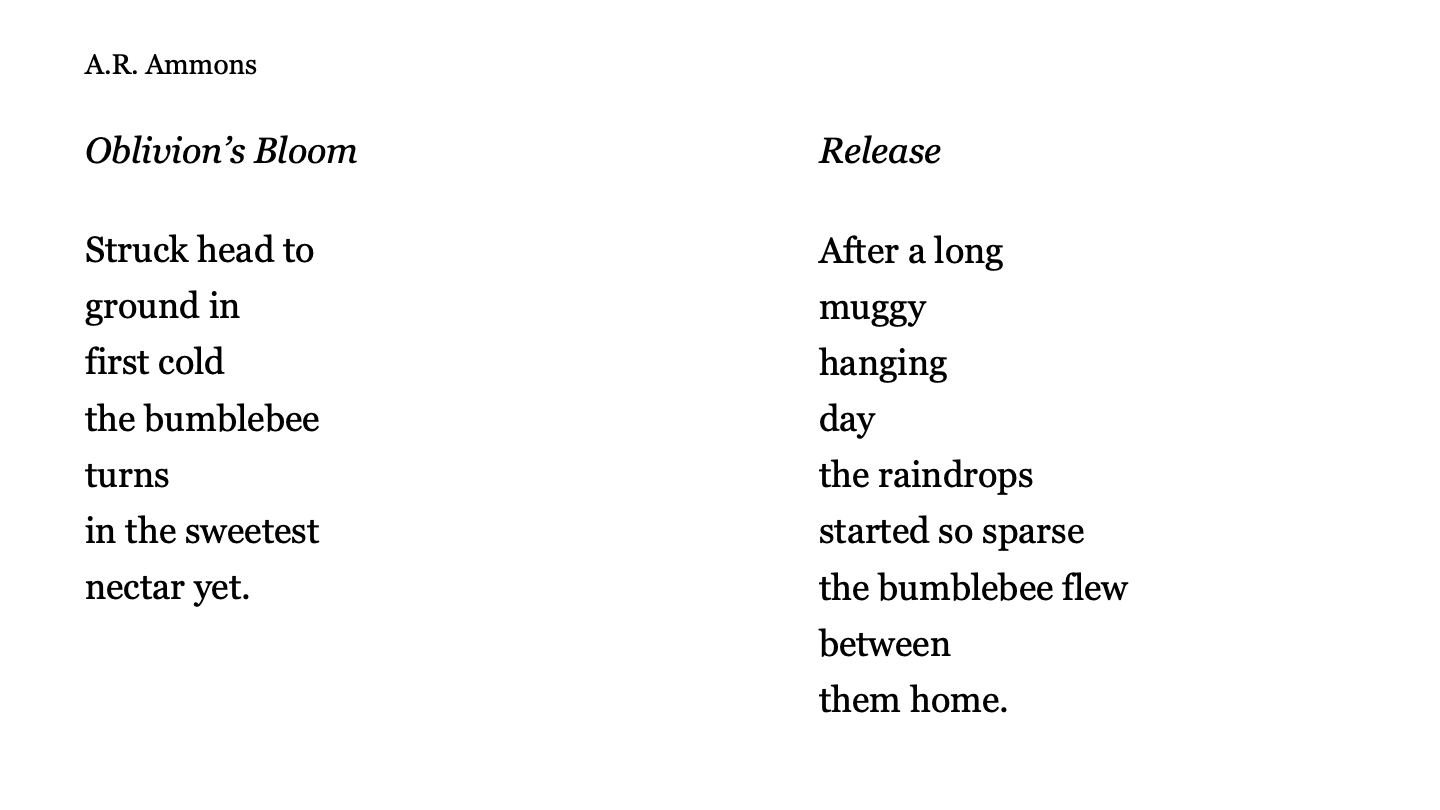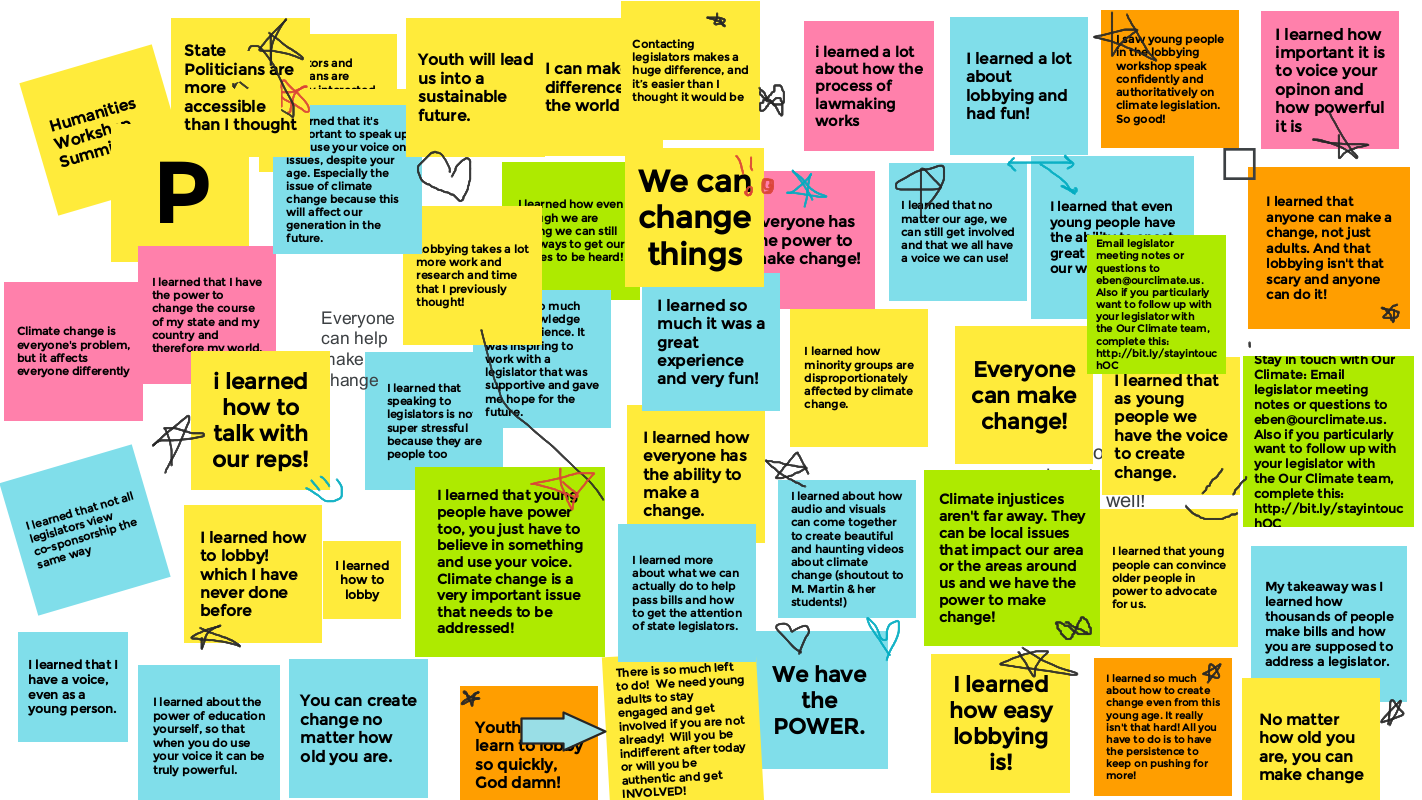Climate Change / Climate Justice
Why Climate Justice?
If scientific evidence clearly supports the assertion that human activity affects our climate, irreparably altering our planet, why has our global community failed to take action against impending disaster? This is the question that guides climate justice activists like Isra Hirsi, Jerome Foster II, and Greta Thunberg, and guides the Humanities Workshop for the 2020–2021 academic year. The fact that scientists alone have not been able to convince us to take action proves that our climate crisis is not just a science issue. For our society to understand its own inertia and disrupt it, we need to know the history of how we got here, the narratives that have immobilized us, and the social contract we must create to move forward. The Workshop chooses Climate Crisis/Climate Justice because no more important issue than climate change faces our youth today. If we don’t protect our planet, issues of race and gender equity, economic inequality, migration, and nationalism only worsen under the pressure of disaster. Educating for climate justice is urgent, a fight for our own humanity.
Exhibition Highlights
On May 21st, 2021, our second exhibition, Climate Change/Climate Justice: A Humanities Workshop Summit, opened as a virtual conference hosted by Envoys, a program dedicated to supporting students in their physical and virtual explorations of our world and its most significant issues. The conference featured a gallery walk of student work, a keynote speech by Salvador Gómez-Colón, the work of environmental artist Anne Neely and an afternoon of lobbying state senators and representatives on key bills addressing the environment, hosted by Our Climate.
Opening Music: If Bees Are Few
If Bees Are Few, a choral piece composed and performed for the Workshop by Milton Academy Senior Carolina Bragg. The work is set to two poems by A. R. Ammons, both about a single bee. In the first poem, “Release,” the bee travels homeward. In the second poem, “Oblivion’s Bloom,” the bee meets its death upon the arrival of winter. Carolina found these texts particularly resonant today as the climate change crisis causes the unprecedented collapse of honeybee colonies. Carolina reordered the poems so that the dismal one comes first, and second comes the bee finding his way home. Melodically and thematically, this piece explores the idea of home: the bee’s home, and the home that he shares with us.
If Bees Are Few

Keynote Speaker: Salvador Gómez-Cólon
Summit Takeaways
Students shared their final takeaways from the day on a Jamboard.

